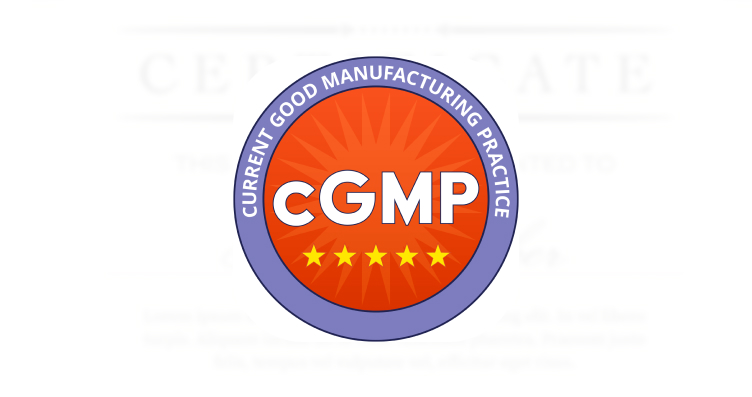The difference between white label and private label with contract manufacturing
Unraveling White Label, Private Label, and Contract Manufacturing
Understanding the Concepts
What is White Label?
A white-label product is a generic product made by one company that other companies rebrand to make it appear as if they made it. These products are mass-produced, typically not exclusive, and allow for easy and quick market entry.
What is Private Label?
In contrast, private labeling involves a retailer contracting a manufacturer to produce an item to be sold under the retailer’s brand. Unlike white-label products, private-label items can be exclusive and customized to the retailer’s specifications, thus offering more control over the product.
What is Contract Manufacturing?
Contract manufacturing refers to the outsourcing of production to a third-party company. This arrangement allows businesses to focus on core competencies like marketing and sales, leaving the manufacturing processes to the experts.
Contrasting White Label and Private Label
Branding
In a white label scenario, businesses get ready-made products they can brand as their own. However, customization is limited. Private label products, on the other hand, offer greater control over the product’s design, quality, and overall branding.
Product Control
Private label offers more product control compared to white label, as companies can tailor the product to their specific needs and market demands. On the contrary, white-label products are ready-made, leaving no room for customization.
Market Positioning
White label products can be a quicker way to market but may face intense competition as these products are not unique. Private label products can command a unique market position due to their exclusivity.
The Role of Contract Manufacturing
Flexibility and Efficiency
Contract manufacturing offers businesses the flexibility to meet customer demand without the investment and complexity of owning a production facility. It allows for efficient scaling, meeting market demands quickly.
Quality Assurance
Contract manufacturers are often specialists in their field, ensuring high standards of quality. They also typically have stringent quality control measures in place.
Cost-effectiveness
By outsourcing manufacturing, businesses can avoid the capital expense of setting up a manufacturing facility. This cost-effectiveness can result in more competitive pricing for the end product.
Conclusion
In the realm of product creation and distribution, white label, private label, and contract manufacturing each offer their unique advantages. While white label and private label differ in terms of branding, product control, and market positioning, contract manufacturing plays a crucial role in enhancing efficiency, ensuring quality, and fostering cost-effectiveness. Understanding these differences is pivotal in making strategic business decisions.




